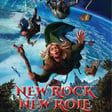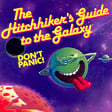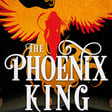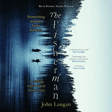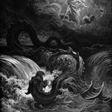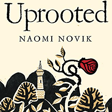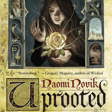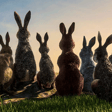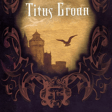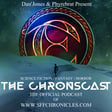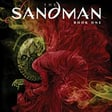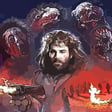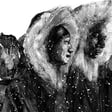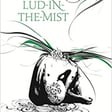
Ghost Stories For Christmas with Alison Littlewood
As the nights draw in and we approach the midwinter, what better way to celebrate the season than dipping into that most macabre of festive traditions, the Christmas ghost story? While we're all familiar with Dickens's A Christmas Carol, more modern traditions include the BBC's A Ghost Story For Christmas, adaptations of typically M.R James stories, and which themselves are continuations of ancient storytelling customs that stretches back several centuries, when midwinter and the winter solstice, rather than Hallowe'en, was the time of year where the veil between the lands of the living and the dead was at its thinnest.
Adding to that tradition is our guest Alison Littlewood, the author of Mistletoe, a festive Gothic ghost story that follows in those traditions of tales that see the past interfering with the present, seeking reconciliation and peace. We discuss the idea of the revivification of the bleak midwinter landscape, folk horror and how Christmas builds upon more ancient customs, rites. We talk about short stories, and where the market lies for them in 2022 and 2023, the necessity of failure, and how writers can keep their heads up even when through those long bleak winters of grafting which yield little fruit.
Elsewhere The Judge updates us all on matters relating to plagiarism (don't do it, kids), and November's winner of the 75-word challenge, our very own Brian Sexton, with his reimagining of the Moon Landings. Last but not least, reports of paranormal activity emanating from the planet Earth catch the attention of the Martian Space Force Ghosthunting Division, and lead to some confusion as to the true meaning of Christmas.
Merry Christmas, and thanks to everyone who tuned in to listen throughout this year. See you in 2023!
Links and further reading
Mistletoe
Oh Whistle, And I'll Come To You My Lad (youtube)
Ralan - the place to visit for finding short story markets
Index
[0:00:00 - 35:36] - Alison Littlewood interview part 1
[35:37 - 38:07] - Skit 1
[38:09 - 53:23] - The Judge's Corner
[53:29 - 55:48] - Skit 2
[55:54 - 58:18] - Writing Challenge Winner
[58:20 - 1:33:13] - Alison Littlewood Interview Part 2
[1:33:14 - 1:35:15] - Credits and close
Next Month
Next month we'll be joined by Chad Fifer and Chris Lackey, hosts of the H.P Podcraft and Strange Studies podcasts, to talk about the 1982 cult science-fiction horror masterpiece, John Carpenter's The Thing.



